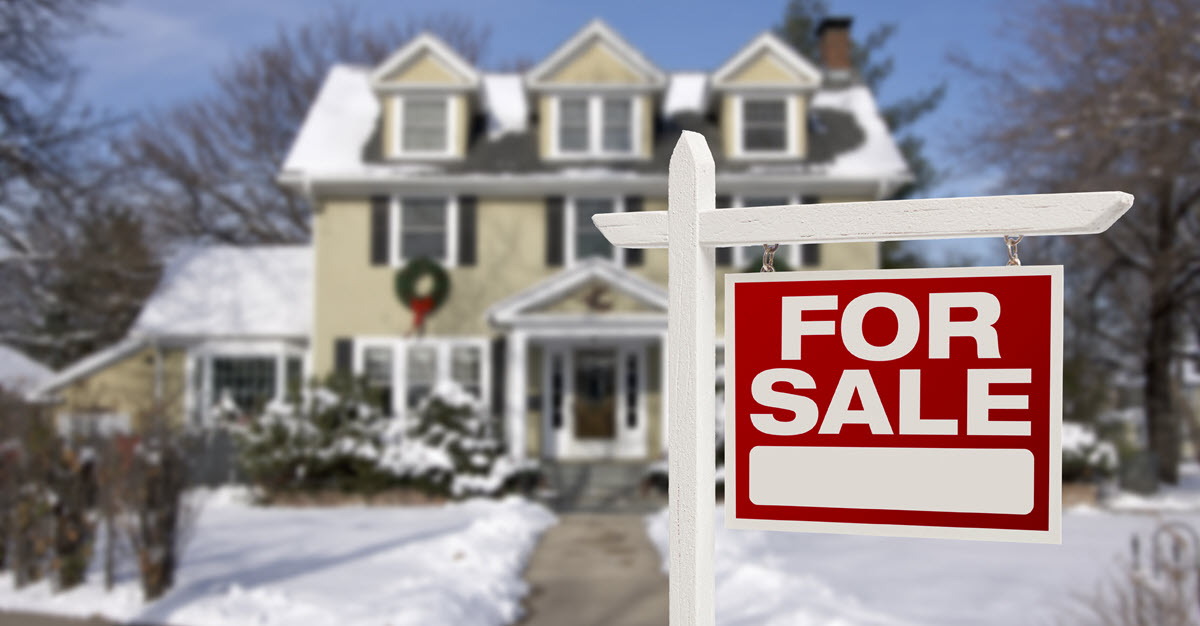
Depending on where you live and sell homes, winter isn't exactly peak season for real estate sales. But that doesn't mean listing a home between December and February is necessarily a bad idea.
Buyers who shop for homes during the winter often tend to be more serious. With career-related relocations becoming more common, many buyers don't have the luxury to delay their purchase until the spring or summer. These tips can help you prepare your clients to sell their home in the winter.
Online listings with attractive and professional photographs are always a good idea, but they're even more vital during winter since many winter buyers are more selective about the homes they visit.
Visiting open houses can be more challenging during the winter months, so potential buyers may prefer listings that include plenty of photographs and contain detailed descriptions. Also, a professional video can go a long way toward cultivating solid buyer leads.
Once you get prospective buyers to visit the home, making a good first impression is extremely important—and it can be even more challenging during the winter months.
Bare trees and shrubs can expose cosmetic flaws that lush greenery might otherwise hide. In other words, a fresh coat of paint and a tidy yard are essential for winter curb appeal.
Check the bulbs in outdoor lighting to ensure none are burned out. It gets dark much earlier in the winter months and good lighting makes the home appear brighter and more inviting.
When listing a home during the winter, HGTV recommends embracing the Insta-worthy warm-and-fuzzy lifestyle trend. Whether you call it hygge, còsagach, or just plain cozy, invite buyers into your listings with a warm welcome—literally.
If the weather outside is cold, turn up the heat! Play some relaxing background music, toss a blanket and throw pillows on the furniture, and offer some tasty seasonal treats. A cup of hot cocoa or a batch of chocolate chip cookies never hurt a seller's prospects!
If you're selling a home during the holiday season, it's best not to go overboard with decorations. While some experts recommend avoiding holiday decorations entirely, others believe that decorations create a more enticing, homey environment.
Whatever you do, make sure the decorations are tasteful, inoffensive, and don't draw attention away from the home's strongest selling points.
If your clients have decided it's in their best interest to sell between December and February, it's important to help them understand the unique challenges they'll face.
Don't sugarcoat anything! Instead, present them with market data on home sales, prices, and local inventory fluctuations during the winter. Doing so will help you position yourself as an expert and allow you to manage client expectations.
Ultimately, your sellers need to make an informed decision about how to price their home and how to adjust that price based on the response they receive.